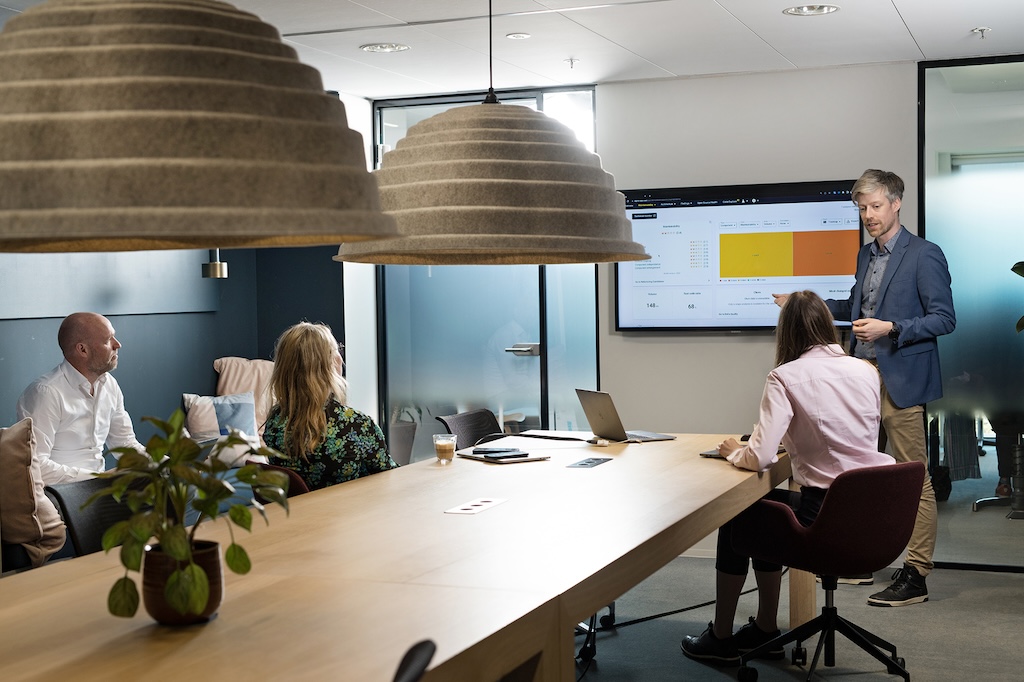
24 July 2024
Request your demo of the Sigrid® | Software Assurance Platform:

3 min read

Two topics were trending this week as temperatures in the Netherlands hit an uncomfortable and record-breaking 40 degrees celsius. It got me thinking that the software industry should revisit the decade-old concept of Green Software.
Of course, it comes as no surprise the weather was the top trending topic with the increased average temperature throughout the year. The other hot topic in the Netherlands is that in the past few months the Netherlands is fully producing its daytime electricity demands with renewables, mostly solar but also wind, with a lot to spare actually. But also the demand on this energy for utilization of powering/cooling data centers.
In the public forum, citizens concerned about climate change raise the prospect of increasing renewable energy and the percentage contribution to the national grid. On closer examination, the development of these large data centers is usurping newly available green energy. Power from windmill farms destined for local consumption is instead being redirected farther from home.
Putting my IT glasses on and reflecting upon these recent events, Green IT was an initiative to measure how efficient programming can impact energy consumption in data centers.
And, YES! SIG with university partners was able to measure and prove a causal relation between efficient code bases and the energy footprint.
Although this effect is minuscule when looking at an individual search at scale, the cumulative impact is significant. Estimations put the global electricity consumption of data centers around 1 percent of our total usage. With the upcoming climate and usage trends, this will only increase. We’ve seen innovations in hardware and scaling strategies that have suppressed energy usage from rising too much in the past decade.
Now is the time for software to innovate and go green!
Instead of thinking of how we can throw ‘more’ resources at the problem, let’s see how we can be more efficient and utilize fewer resources. However limitless energy, computing power, and data storage become, there is always a cost and an impact.
Software can be the next thing that makes a difference in keeping energy consumption low. How? Well, that is more difficult. We have some parts of this puzzle, but we are missing some of the other pieces. Meaning we need to do more research, and the commercial world needs to value the craft of software engineering:
So, instead of joining the debate on climate change and adding more hot air, it is time for the software industry to re-address our stake in it. Maybe the time is right to dust off and follow through on the Green IT concept. A healthier digital world will not only impact us locally but will benefit everyone globally.
We'll keep you posted on the latest news, events, and publications.